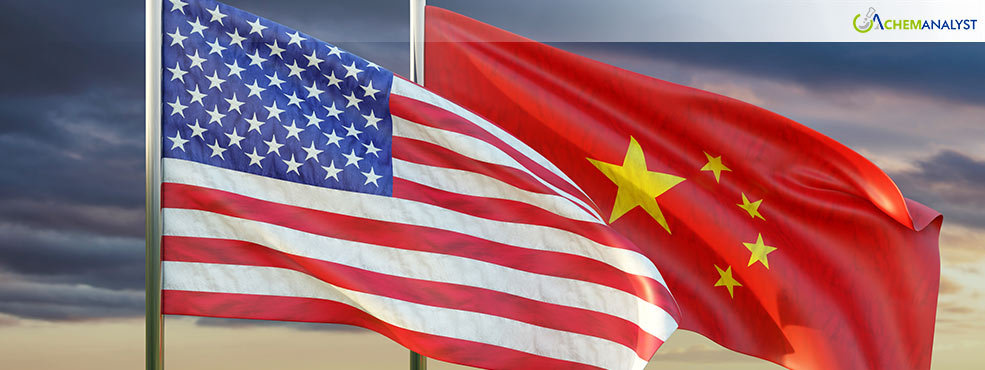Welcome To ChemAnalyst

In a significant escalation of tensions over human rights, the Biden administration has added 37 Chinese companies to its blacklist, prohibiting them from exporting to the United States due to alleged forced labor practices in the Xinjiang region. This marks the largest single expansion of the Uyghur Forced Labor Prevention Act (UFLPA) list since its enactment in 2021, bringing the total number of banned entities to 144.
The Department of Homeland Security (DHS) announced the additions, targeting companies across several key sectors, including mining, solar, and textiles. Among the prominent firms now facing US import restrictions are mining giant Zijin Mining Group, a subsidiary of solar panel manufacturer JA Solar Technology Co., and textile producer Huafu Fashion Co. along with 25 of its subsidiaries.
Donghai JA Solar Technology Co. uses Xinjiang-produced polysilicon in its solar energy products, and Hongyuan Green Energy Co. obtains its polysilicon from the same region.
The UFLPA presumes that goods manufactured in Xinjiang are made with forced labor, effectively barring their import into the US unless companies can provide clear and convincing evidence to the contrary. This latest action underscores the US government’s commitment to addressing alleged human rights abuses against the Uyghur population and other ethnic minorities in Xinjiang.
Reports from human rights organizations and labor groups have documented widespread allegations of forced labor camps, coercive labor transfer programs, and other forms of exploitation within the region’s factories and agricultural sectors. These reports have placed significant pressure on US and European companies to sever ties with suppliers operating in Xinjiang.
The inclusion of Zijin Mining Group, a major player in the global mining industry, highlights the widening scope of the UFLPA. While the company stated that it has no assets or revenue streams within the US and anticipates minimal impact from the ban, its stock experienced a significant drop in Hong Kong trading following the announcement. Zijin maintains that it respects employee rights and offers competitive wages in Xinjiang.
The addition of a JA Solar subsidiary, although reportedly closed in 2024 and not directly supplying the US market, serves as a stark reminder of the growing trade headwinds facing Chinese solar companies, particularly in the US. This move reinforces the trend of Chinese solar manufacturers shifting towards more expensive polysilicon sourced from Western countries to mitigate risks associated with the UFLPA.
Huafu Fashion Co., a major textile manufacturer, and its numerous subsidiaries also face significant disruption due to the ban. The impact on the textile sector is expected to be considerable, given Xinjiang's significant role in global cotton production.
China’s response to the expanded import ban has been sharp. A Chinese Foreign Ministry spokesperson condemned the UFLPA as “evil” and accused the US of interfering in China’s internal affairs. The spokesperson vowed that Beijing would take “resolute measures” to protect the legitimate rights and interests of Chinese enterprises.
We use cookies to deliver the best possible experience on our website. To learn more, visit our Privacy Policy. By continuing to use this site or by closing this box, you consent to our use of cookies. More info.
